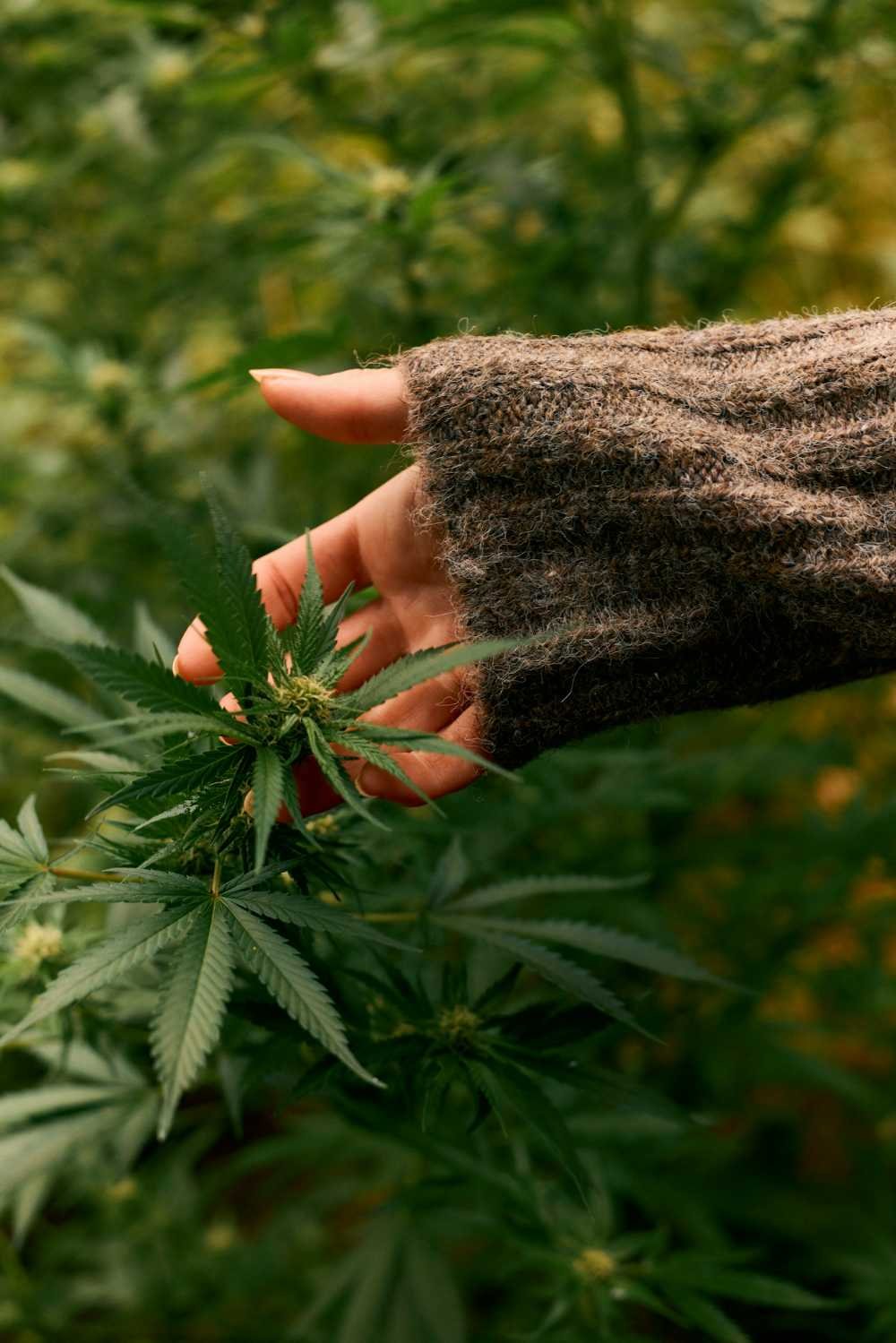What Every Parent Needs to Know About Weed
Hosting countless workshops for parents and youth on substance use over the past five years, I’ve noticed a few themes and misconceptions among youth and parents alike. Most of this occurs around THC, which stands for Tetrahydrocannabinol. Now, say that five times fast!
Weed is a totally different drug than it was 30 years ago. Here’s why:
THC VS. CBD
The cannabis plant itself has over 500 chemical compounds in it, two of which are CBD and THC. Just one of those 500 chemicals is what actually makes people high. We know a lot about THC and are just starting to learn more about CBD and all the other chemicals in the cannabis plant.
I like to think of THC as the stuff that gets you high and CBD as the stuff that makes you chill (think THC = high, CBD = chill). THC is psychoactive, which means it affects your brain. CBD is non-psychoactive and does not impact your brain, or more importantly brain development.
You might be surprised to hear that when I ask teens what they like about smoking weed, I often hear things that are more likely related to the CBD in the weed they’re using than the THC. For instance, if they say they like how weed helps them sleep and makes them feel more relaxed — that’s all considered benefits of CBD! They are knowingly using weed with THC, but what they don’t know is that they might like CBD just as much.
Someone under 21 may be using weed illegally when they could use pure CBD legally instead. In Colorado, anyone can purchase pure CBD; it’s available now at most drug stores and health food markets.
While weed doesn’t actually kill brain cells (that’s old school DARE language), it does have the potential to impact brain development. Research has shown that persistent marijuana use has long term effects on brain development, even the potential to lower IQ points, most likely due to THC levels. That research was done on “old-school” pot, which means no one really knows what the long-term impacts are of today’s marijuana.
THC LEVELS OVER THE DECADES
From 1995 to 2015 THC levels in cannabis increased about 200%. The weed of the flower children in the 60’s had about 5% THC in it, yet the stuff you buy from modern dispensaries has around 10-25% THC, and waxes can go upward to 95% THC. The more potent a drug is, the more likely an addiction may occur.
For parents who view cannabis use as medicinal and are okay with their youth using (yes, this is a thing) they often exclude the increase in THC in their reasoning.
Dabbing
The official research hasn't been released yet, but Colorado is predicting a 20% increase in dabbing among youth from 2017 to 2019 (that’s huge!).
Dabbing is a concentrate of THC (cannabis flower is to a dab as a glass of wine is to a shot of liquor). If someone was taking multiple shots of liquor throughout the day, you’d most likely be concerned and want to help them cut back on their use. Same goes for dabbing.
While concentrates are marketed as “pure,” that’s pretty misleading. As I mentioned, cannabis has 500+ chemicals in it, many of which the medical benefits are still unknown. Why take only one of those 500 chemicals and remove it from the whole? Is “pure” really better?
When dabbing first hit the market, most people used a cumbersome dab rig which required something like a creme brûlée torch to heat up the concentrate, but now, a lot of youth are using the deceptively non-threatening dab pens. This probably accounts for the large spike in dab use -- the device that seemed pretty scary, and perhaps was associated with harder drug use, got removed from the equation; yet, the drug itself is the same.
Honest Conversations
Having honest conversations about drugs does not encourage drug use. In fact, honesty, science, and social-emotional well-being are the foundations of good substance use prevention. Honest, real conversations about the realities of substance use is what helps kids make confident decisions on their own.
These are the facts, meant to inform today’s youth. They aren’t scare tactics or statements rooted in fear. Because fear doesn’t work, it actually has the opposite effect.
If your child is already using cannabis ask them why, find out what they like about it, what it’s providing for them. Blaming them will only cause more shame, and their learned coping mechanism for shame is, you guessed, more cannabis.
We offer individual sessions for substance abuse counseling. Reach out today to get the support you need.
